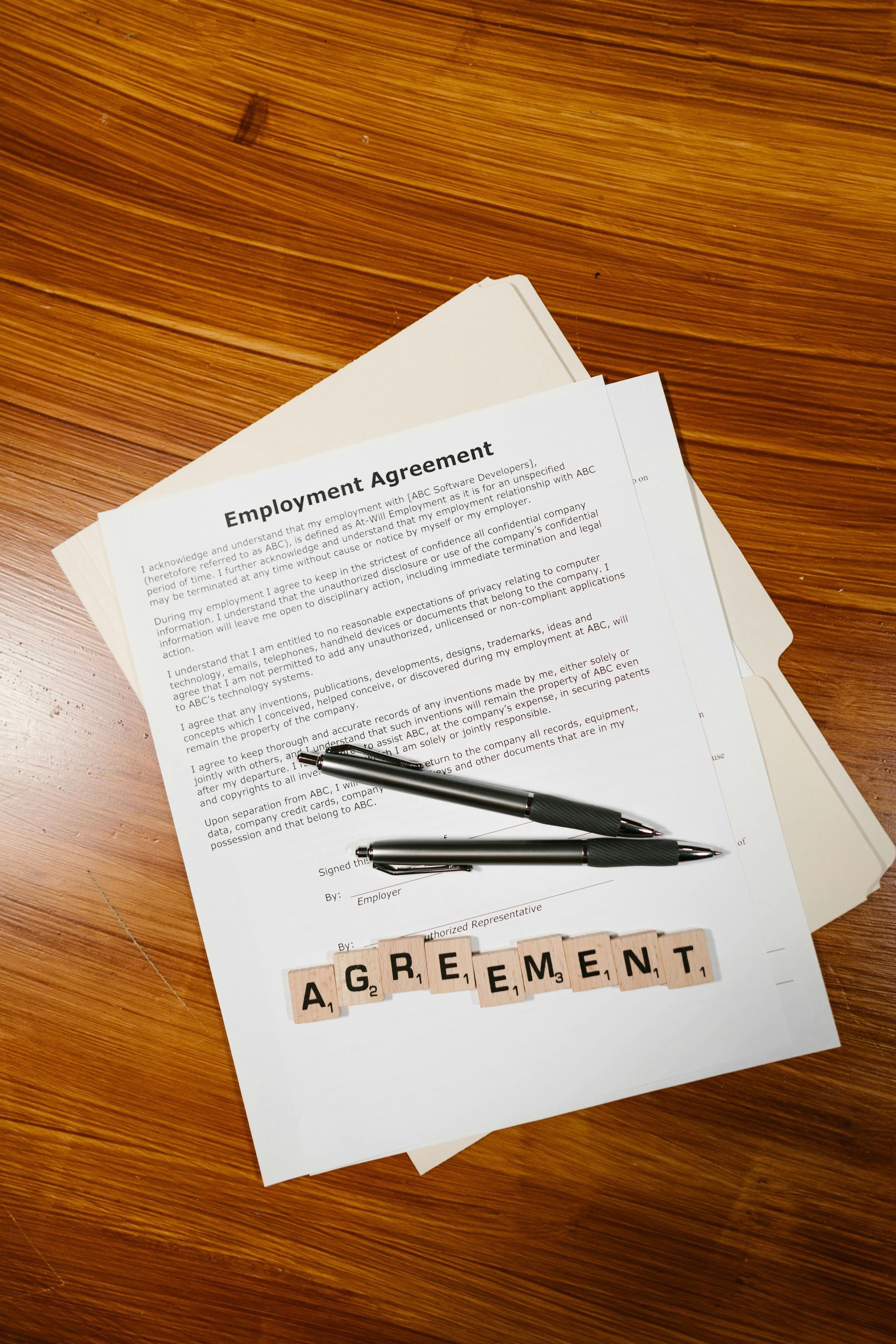Problems and Work
A safe place for women experiencing workplace issues
The NT Working Women’s Centre is a non-profit organisation with a mission to support women in the workplace.
As a worker you have rights. There are a number of different forms of employment that have significant effect on these rights, conditions of employment and pay. One right that all workers have is to work in a place that is healthy and safe. You have the right to be protected from injury and all other psychological and physical health risks while you are at work.
Explore our Fact Sheets
Below is a list of our fact sheets with information on the most common work-related issues we are asked about. The factsheets are not intended as a substitute for legal advice.
If you would prefer to speak to someone about your work-related issue, submit our Enquiry Form and one of our friendly, caring staff will contact you for a confidential chat.
Conditions of Employment
MoreDifferent Ways of Working
MoreCasual Employment and Conversion
MoreFlexible Working Arrangements
MoreFamily and Domestic Violence
MoreNegotiating with your Employer
MorePerformance Management
MoreWorkplace Mediation
MoreEmail, Internet and Social Media at Work
MoreUnions
MoreMental Health at Work
MoreReturning to Work and Breastfeeding
MoreOur service helps with workplace issues such as working conditions, flexible working arrangements, pay or unpaid wages, accessing entitlements such as carers, parental or domestic and family violence leave, superannuation, unfair dismissal, redundancy, work health and safety, worker's compensation, sexual harassment, bullying, discrimination, parenting and pregnancy, domestic and family violence, negotiating with your employer, workplace mediation, unions, mental health at work and any other work-related matters.































